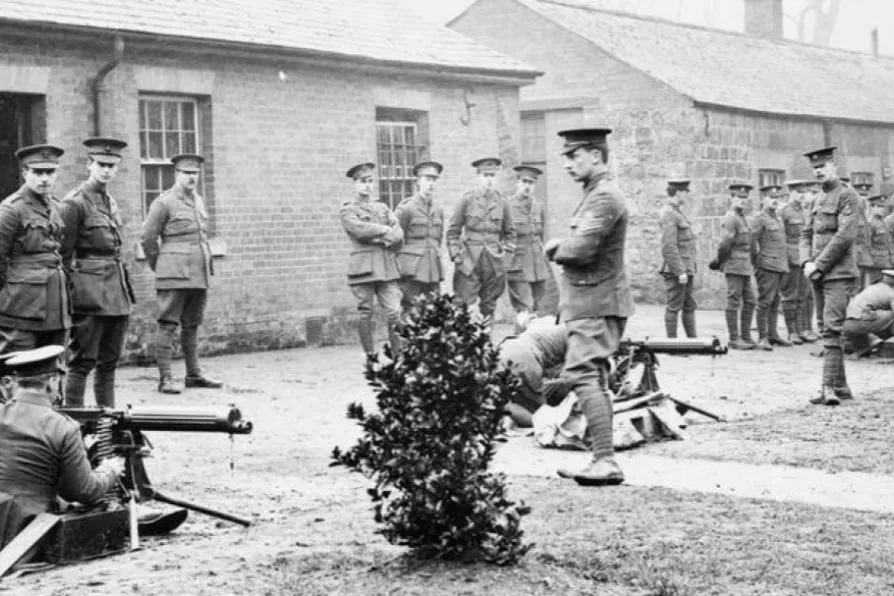As tens of thousands return to the streets for the first national Palestine march of 2026, this movement refuses to be sidelined or silenced, says PETER LEARY


ON January 3 1918, Maxim Litvinov, a Russian communist living with his wife in a modest home in Hillfield Road, a turning off West End Lane, West Hampstead, read in a newspaper of a radio message from the Petrograd capital of the Bolshevik government, that he had been appointed ambassador to Britain.
“Citizen Litvinoff is appointed plenipotentiary in London,” he learned.
Less than two months earlier, Lenin’s Bolshevik government had withdrawn from its predecessor’s alliance with Britain and France in the war against Germany and Austria.

Washington plays innocent bystander while pouring weapons and intelligence into Ukraine, just as it enables the Gaza genocide — but every US escalation leaves Ukraine weaker than the neutrality deal rejected in 2022, argue MEDEA BENJAMIN and NICOLAS JS DAVIES

Corbyn and Sultana’s ‘Your Party’ represents the first attempt at mass socialist organisation since the CPGB’s formation in 1921, argues DYLAN MURPHY

MICAELA TRACEY-RAMOS explains how Britain’s largest union is putting pressure on the British government to recognise the Palestinian state and end its complicity with Israel’s murderous actions











